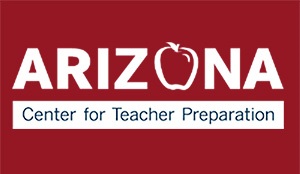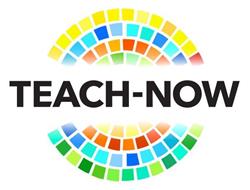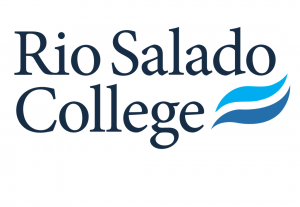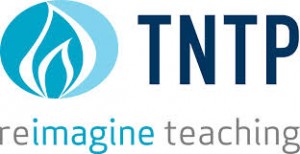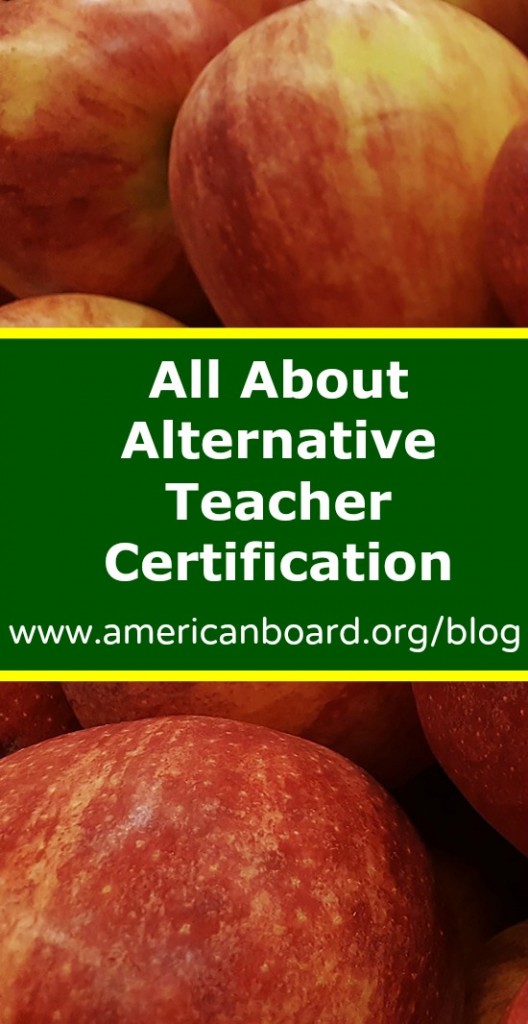All About Alternative Teacher Certification

Alternative teacher certification in the United States has existed for decades and is accepted by almost every state in the country. But there is still much confusion as to what alternative teacher certification actually is and the impact it has in the classroom. As an alternative teacher certification program, we would like to address some frequently asked questions about alternative teacher certification. We will also highlight the programs and organizations that make this certification possible.
What is Alternative Teacher Certification?
Alternative teacher certification is the term used for a certification earned by an educator outside of a traditional college program. When hiring a potential educator for a K-12 teaching position, the state’s department of education needs proof that that person knows how to teach their subject matter and manage a classroom. Typically, a degree in education is that proof.
If a person did not major in education when attending college, but instead worked in the private sector, and later wants to become a teacher, they have 2 options. They can return to school for a Master’s degree in education or a secondary Bachelor’s degree, a costly endeavor that can take 2-4 years to complete. Or, they can certify through an alternative teacher certification program.
Alternative teacher certification programs prepare future educators for the classroom by reviewing the subject matter the educator will teach and instructing the future educator on the basics of teaching, from lesson plans to disciplining (also known as pedagogy).
Once a prospective educator completes their alternative teacher certification program, they apply with the Department of Education in their state for a teaching position. The state Department of Education ensures the educator meets all state standards before being placed in a classroom.
State Requirements
Just about every state in the country allows educators with alternative certification to teach in public K-12 schools. States work with alternative teacher certification programs to ensure the programs meet state requirements and will produce quality educators. It is an extremely long process to be approved as an alternative certification program in a state. The process involves lots of paperwork and legislation. This is the reason why there is not one alternative teacher certification program available in all 50 states.
No matter how an educator certifies, they must meet basic requirements before they’re hired. Holding a Bachelor’s degree (in any subject) and passing a background check are basic requirements of every state.
Most states allow those that certify through alternative programs to teach on a temporary, non-renewable teaching license their first year or two in the classroom. During these first years, new teachers are often evaluated and graded. Once the state is satisfied with the new teacher’s ability, the teacher can upgrade their license to a permanent, renewable one. Each state has different requirements for this upgrade; we suggest contacting your state’s Department of Education with any questions you may have about this transition.
All About the Programs
If you’re thinking of becoming a teacher and want to certify via an alternative program, your next question will be, “what program should I use?” The answer: the program that best meets your financial, location, and scheduling needs.
Below is a round-up of various alternative certification programs across the country.
The American Board
-Approved teacher certification in Arizona, Arkansas, Florida, Idaho, Utah, South Carolina, Missouri, Mississippi, Tennessee, Pennsylvania, New Hampshire, North Dakota, Ohio, Wisconsin, and Oklahoma.
-Program costs $1,900 with on-going promotions.
–Payment plans and financial aid are available.
-Students have 1 year to use online materials (the equivalent of an online textbook) to study for 2 exams: a pedagogy exam and a subject area exam. Most students finish within 7-10 months.
-The program and study materials are online. Students begin the program the day they enroll and do not wait for a designated class start date.
-Students enroll in 1 or more of 10 subject areas, including Elementary Education, Biology, and English Language Arts.
-Arkansas, Oklahoma, and Mississippi also require first-year teachers to complete a mentorship program through the state.
The Arizona Center for Teacher Preparation
-Approved teacher certification in Arizona.
-This program is the Arizona branch of the American Board. The structure of the program is different than American Board in other states, hence the separate branding and URL.
-The program costs $3,850 with promotional pricing bringing the cost down to $2,500 – $2,900 with a one-time payment.
-Students have up to 1 year to study for and pass a pedagogy exam while completing other Arizona state certification requirements (45 hours of the Structured English Immersion program and passing the National Evaluation Series exam in the subject area of their choice). Pedagogy exam study materials are online, which gives the student the flexibility to study while maintaining a full-time job.
-After passing the exam and Arizona state requirements, the student begins teaching. The new teacher is evaluated throughout this first year of teaching by a mentor.
-Successful completion of the pedagogy exam, mentorship, and other Arizona state requirements will lead to the new teacher being recommended for a standard teaching license.
Teach-Now
-Approved teacher certification in Washington D.C. and the state of Arizona.
-Teacher certification costs $6,000 ($5,400 for a one-time payment). Teach-Now also offers a Master’s in Teacher Certification for $13,000.
-The program takes 9 months to complete with rolling start dates. Typically classes start each month. The first 6 months are online with an average of 15 hours of coursework. A candidate must spend at least 200 hours in the classroom during the last 3 months
-Payment plans are available. Financial aid and scholarships are not available.
-Students have 35 subject areas to choose from, including Spanish and Performing Arts.
-Students have mandatory web-cam sessions with classmates and virtual professors.
Rio Salado
-Approved teacher certification in Arizona.
-Teacher certification costs between $5,000 – $6,000+ depending on the subject matter and grade you wish to certify in.
-The program takes 2 years to complete. Students begin working in Arizona public schools while also completing course work in the classroom.
-Set class times and schedules. Students start the program on a set date.
-Financial aid and payment plans are available.
iTeach
-Approved certification in Hawaii, Louisiana, Texas, Tennessee, and Idaho.
-Program costs $4,000 – $5,000, depending on the state. Students can pay 10% of the program costs upfront and the rest after completing the program.
-Coursework is online. Students have 6 months to complete 7 instructional courses and must pass exams with each course.
-Students teach for 2 semesters (1 school year) and are evaluated by a mentor.
-After successful completion of the coursework, mentored teaching, and payment, iTeach recommends students to the appropriate state department of education.
The New Teacher Project
-Approved in 30 cities and 6 states (Nevada, Michigan, Tennessee, Florida, Indiana, and Maryland). TNTP also focuses on low-income, high-need school districts.
-The program is free but is very competitive. Only 10% of applicants are accepted.
-The program is very similar to Teach for America. New teachers train over the summer and also teach in high-need schools.
-After a successful year in the classroom, TNTP recommends new teachers for certification.
-Unlike Teach for America, those that complete The New Teacher Project program are certified to teach after completion of the program (Teach for America teachers are not certified to teach after their 2 year commitments).



